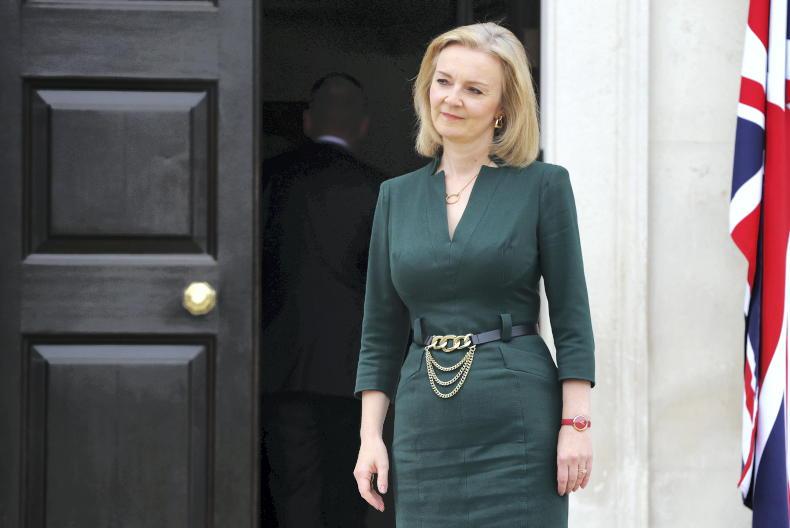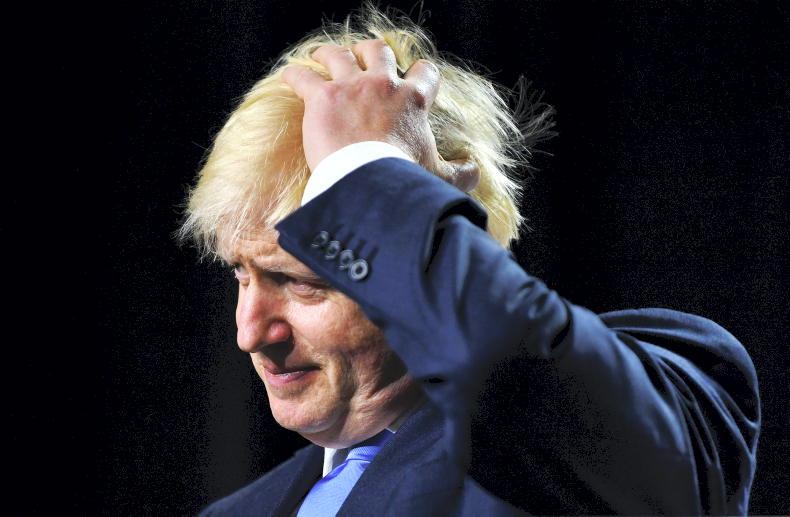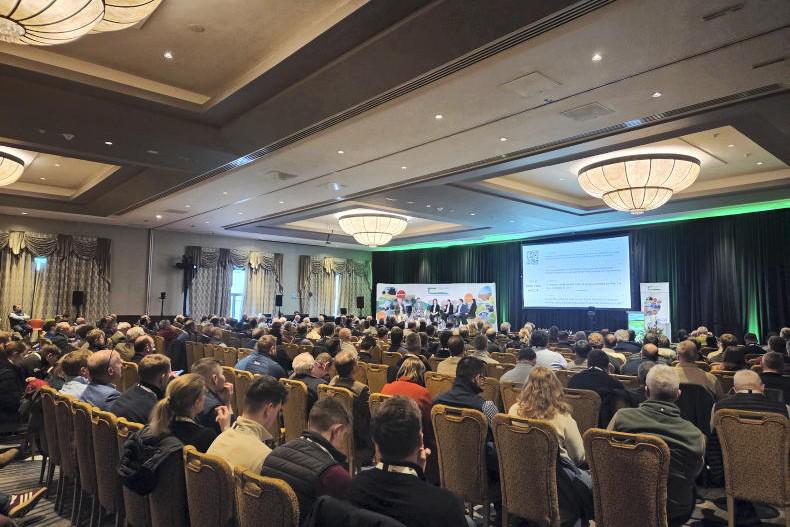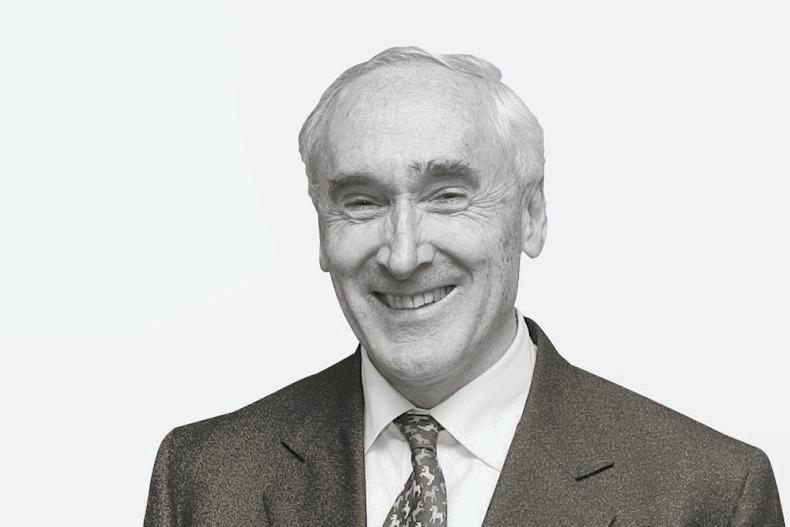The horrific war in Ukraine is causing a huge rethink on EU policy across a range of sectors.
First, we had Germany reverse decades of policy on defence expenditure and make a huge investment commitment.
Secondly, we had a focus on energy and gas dependency on Russia, and after these the place of agriculture and food security came into focus.
Food in the EU doesn’t have the immediate urgency that defence and energy has in the context of Russia invading Ukraine.
As it is, the EU is self sufficient in the basic commodities and an overall net exporter.
However, what the war has done is create a focus on how fragile that supply chain is and more importantly how dependent it is on gas, the key ingredient in fertiliser production, and fertiliser in turn is a key ingredient in making Europe one of the most productive agricultural regions of the world.
Subtle refocus
Until the present crisis, EU policy had been to dedicate all its effort to minimising the impact of agriculture on the environment irrespective of production and productivity consequences.
This was out of sync with the other major agriculture producing regions of the world but that wasn’t an issue.
In other words, the war means a need to change priorities
However, since the invasion, the mood in Europe has changed with many member states revisiting the issue. It is best summed up by French President Macron when he described Farm to Fork, the template for EU agriculture as reflecting a world before the war in Ukraine. In other words, the war means a need to change priorities.
Initially the EU Commission was slow to reflect the new political mood. However, since the EU Council of Ministers gave them the instruction to bring food security proposals forward at their meeting on 11 February in Versailles, the machine moved into action with the presentation of a plan through a formal communication this week.
State aid flexibility
The communication demonstrates a clear understanding of the exposure of EU farmers to the consequences of war in Ukraine and in particular the issue of rising input costs.
The opening of a €500m crisis reserve creates the opportunity for member states to add twice what is allocated to their national envelope creating in effect a €1.5bn fund potentially across the EU.
What is particularly useful is the establishment of a “self standing Temporary Crisis Framework” which allows up to up to €38,000 be paid to farmers that are effected “directly or indirectly affected by the crisis” with “aid for increased gas and electricity costs”.
Also included is “direct grants, to producers affected by the crisis (such as those affected by significant increases in input costs, in particular feed and fertiliser).
Payments under this framework would come from member state funds so the way is clear for the Irish Government to make payments to farmers within the temporarily relaxed state aid rules.
Trade commissioner gets involved
This communication by the Commission is an indication that the Commission have come to realise the vulnerability of farmers in the current crisis to spiralling input cost.
More importantly it also signals a recognition by the Commission that food security is of parallel importance to tackling climate and environmental issues.
Previously on issues relating to the Green Deal or Farm to Fork, Vice President Timmermans has taken the lead
What was also noticeable in the Commission presentation of its plan was that it was fronted by Commission Vice President and Trade Commissioner, Valdis Dombrovskis supported by the Agriculture Commissioner Janusz Wojciechowski.
Previously on issues relating to the Green Deal or Farm to Fork, Vice President Timmermans has taken the lead. Perhaps a subtle indication that productive agriculture has like elsewhere in the world moved on par with climate and environmental protection in a different world post Ukraine war to repeat President Macron’s analysis.









SHARING OPTIONS